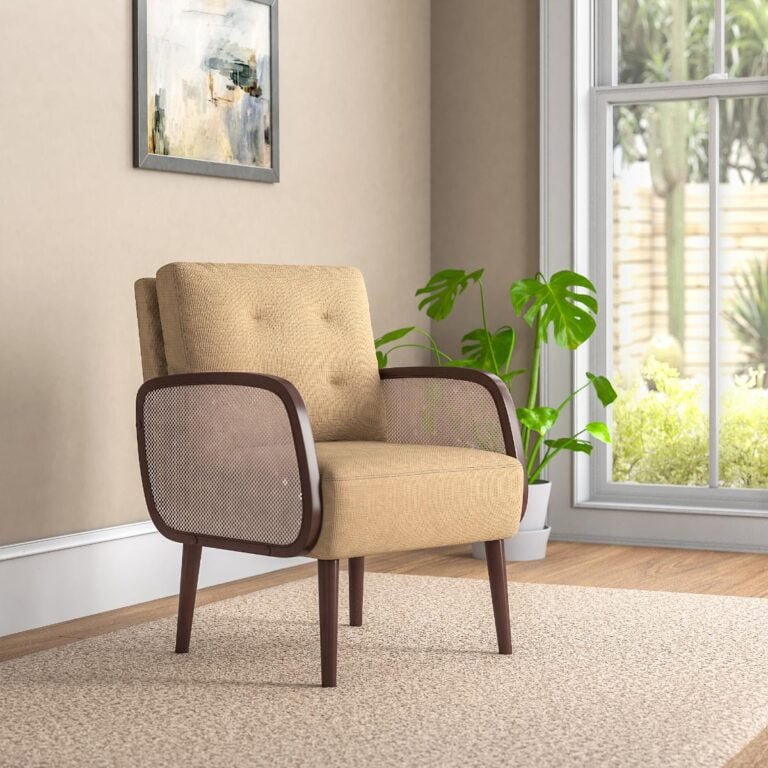Realistic 3D Furniture Renders for Captivating Presentations

Within the fast-growing furniture industry, striking visuals are essential to draw in customers and drive sales. Using 3D furniture visualisation, companies can showcase pieces with stunning detail in lifelike, engaging environments. Advanced rendering methods allow manufacturers to produce images that display every texture and finish, enabling realistic customer previews.
Explaining the Process of 3D Furniture Rendering
3D furniture visualization is the process of using computer-generated imagery (CGI) to create realistic models and renderings of furniture items. The renders reveal details like fabric patterns and wood grain, offering a realism that standard photography rarely matches. Displaying furniture in thoughtfully designed digital settings allows customers to visualise products in real-life spaces.
How 3D Rendering Benefits Furniture Marketing
For strong online and offline promotions, high-quality visuals are vital, and 3D rendering delivers cost-effective results. Unlike photography, which needs prototypes and studios, 3D visuals are built before production, lowering costs and saving time. Easily customisable visuals make 3D renders perfect for digital shops, brochures, and marketing materials.
How 3D Rendering Elevates Marketing Campaigns
Companies rely on 3D renders to design marketing content that draws attention in competitive arenas. Such renders appear across platforms, portraying furniture in multiple appealing lifestyle contexts. By showing products clearly and beautifully, these visuals build confidence and drive sales interest.
The Role of Styled 3D Renders in Attracting Buyers
One of the key advantages of 3D furniture visualization is the ability to place furniture in realistic lifestyle scenes. Pieces are shown within styled spaces, enhanced with lighting and décor, so customers see a full aesthetic. Showing furniture in context deepens the emotional bond with buyers, prompting more sales.
How 3D Rendering Adds Versatility to Branding
This approach gives brands flexibility that typical photography cannot offer. Designers can experiment with different colours, materials, and room layouts without needing multiple prototypes. It enables rapid presentation of options, meeting varied tastes while keeping a uniform style and quality.
The Budget-Friendly Advantages of 3D Furniture Rendering
Photography for furniture usually demands expensive samples and studio resources. Visualisation reduces outlays by eliminating physical builds and allowing rapid edits. This method enables brands to produce large-scale, top-quality visuals cost-effectively for campaigns.
Interactive 3D Renders to Build Buyer Confidence
With furniture sales shifting online, 3D visuals help brands build credibility and trust. Interactive 3D models and realistic renders give customers a detailed look at products from all angles, helping them make informed decisions. Detailed views decrease the likelihood of returns while boosting satisfaction.
Accelerating Furniture Launches with 3D Visualisation
By creating renders before production, companies cut down timelines 3d Furniture Visualization and speed up launches. This speed lets brands debut collections and seasonal content faster than rivals.
Maintaining a Cohesive Brand Identity Through 3D
3D visualisation allows brands to maintain stylistic coherence across catalogues, e-commerce, and ads. Brands utilise 3D renders to project a cohesive aesthetic across channels, strengthening identity.
How 3D Visualisation Helps Companies Stay Competitive
Amid intense competition, furniture companies embrace 3D visuals to gain an edge. The ability to produce photorealistic, flexible, and cost-effective visuals makes it a preferred solution for brands looking to enhance their product presentations, streamline marketing efforts, and increase sales.
Final Thoughts on 3D Furniture Visualisation
Furniture companies increasingly rely on 3D visualisation to exhibit products accurately and attractively. By offering lifelike detail, flexibility in presentation, and significant cost savings, it helps businesses enhance their marketing strategies and build stronger connections with customers. For catalogues, digital shops, and ads, 3D renders make products stand out and perform better in competitive arenas.